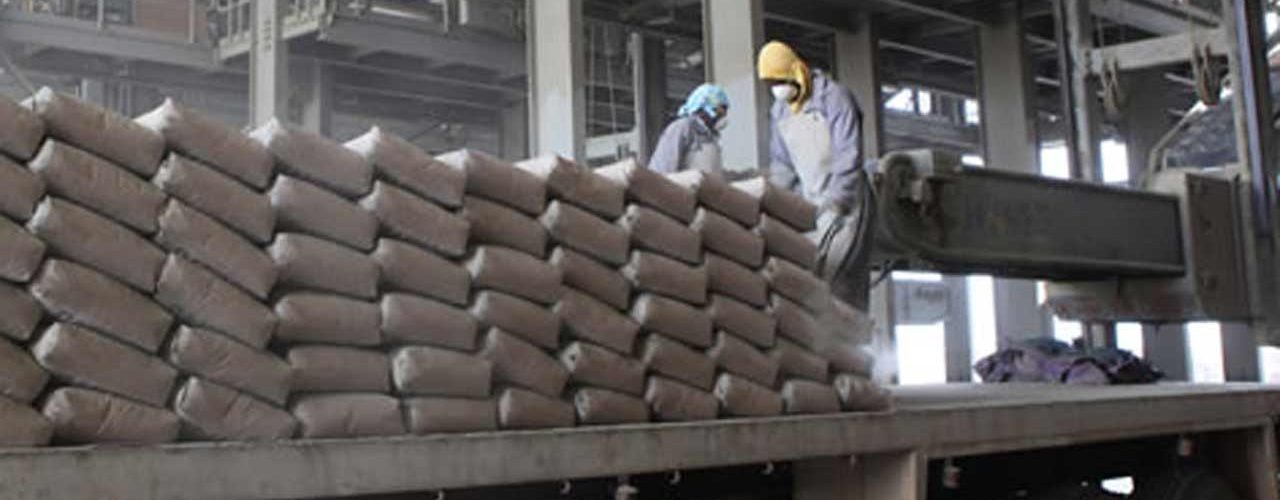Cement is one of the most important building materials in Nigeria. It is used for various construction projects, such as houses, roads, bridges, dams, and more.
However, the price of cement in Nigeria is not fixed and changes frequently due to various factors.
In this article, we will answer some of the most common questions about cement prices in Nigeria, such as:….CONTINUE READING
The retail price of a 50kg bag of cement in Nigeria ranges from ₦7,500 to ₦8,000, depending on the brand, location, and other factors.
However, the price of cement is not uniform in all parts of Nigeria. Prices in high-profile places like Lagos and Abuja are slightly higher than the prices in low-profile places.
What are the factors that affect the price of cement in Nigeria?
The frequent fluctuations in cement prices in Nigeria are due to a number of factors, some of which are within the control of the manufacturers, and some of which are beyond their control. Some of the factors that affect the price of cement in Nigeria are:
Supply and demand: The demand for cement in Nigeria is high due to the rapid population growth and urbanization. However, the supply of cement is limited by the production capacity of the existing cement plants, which are often unable to meet the demand. This creates a gap between supply and demand, which drives up the price of cement.
Cost of production: The cost of producing cement in Nigeria is high due to the high cost of raw materials, such as limestone, gypsum, and clay, which are mostly imported from other countries. The high cost of fuel, electricity, and transportation also adds to the cost of production. These costs are passed on to the consumers in the form of higher prices.
Government policies: The government policies on taxation, regulation, and importation of cement also affect the price of cement in Nigeria. For instance, the government imposes a 15% value-added tax (VAT) on cement, which increases the price. The government also regulates the importation of cement to protect the local industry, which limits the supply of cheaper foreign cement.
Competition: The level of competition among the cement manufacturers in Nigeria also influences the price of cement. The more the competition, the lower the price, and vice versa. Currently, there are about 10 major cement manufacturers in Nigeria, with Dangote Cement being the dominant player with about 60% market share. The other players include BUA Cement, Lafarge Africa, Ibeto Cement, and more.
What are the different brands of cement in Nigeria and their prices?
Below are the different brands and their current price in Nigeria.
Dangote Cement: ₦8,200 per bag.
BUA Cement: ₦7,900 per bag.
Lafarge Africa: ₦8,100 per bag.
How can you save money on cement in Nigeria?
Cement is a major expense in any construction project, and saving money on it can make a big difference in your budget. Here are some tips on how to save money on cement in Nigeria:
Buy in bulk: Buying cement in bulk can help you save money, as you can get discounts from the wholesalers or manufacturers. However, you need to have adequate storage space and security to prevent theft or damage of the cement. You also need to use the cement within a reasonable time, as it can lose its quality if stored for too long.
Compare prices: Comparing prices of different brands and sellers of cement can help you find the best deal for your project. You can visit different shops or markets to negotiate for lower prices.
Use the right grade: Using the right grade of cement for your project can help you save money, as different grades of cement have different prices and qualities. For instance, the 32.5 grade of cement is cheaper than the 42.5 grade, but it is also weaker and less durable. Therefore, you should use the 32.5 grade for projects that do not require high strength, such as plastering or flooring, and use the 42.5 grade for projects that require high strength, such as columns or beams.
Mix properly: Mixing cement properly can help you save money, as it can reduce wastage and improve the quality of the concrete. You should follow the manufacturer’s instructions on the ratio of cement, sand, and water to use for your project. You should also use clean and quality materials, and mix them thoroughly and uniformly. You should avoid adding too much or too little water, as this can affect the strength and durability of the concrete.











